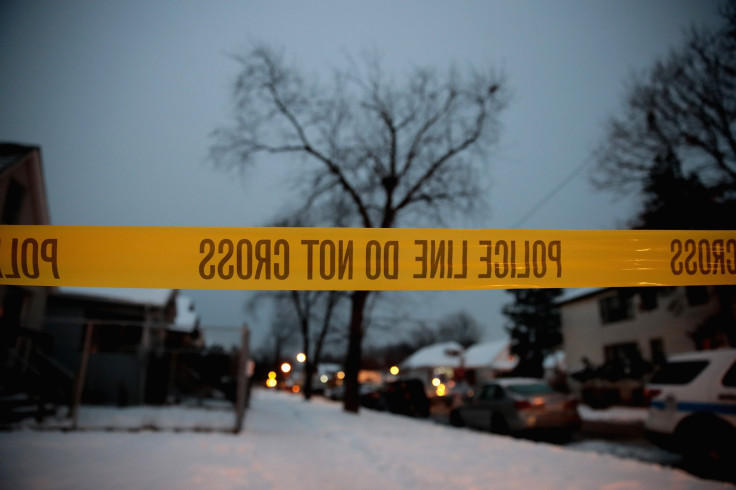Why Is There So Much Violence In America? Black Lives Matter Hurting Police, Former Chicago Official Says

The Black Lives Matter social justice movement is responsible for the rising murder rate in the country and especially in Chicago, a former police official in the Midwestern city told a radio show host on Sunday. The comments from former Chicago Superintendent of Police Garry McCarthy came just days after it was announced that Chicago had experienced its bloodiest year in more than a decade.
Black Lives Matter were effectively telling "young people not to comply with police and legitimizing that non-compliance," which leads to more contentious interactions between them and police, McCarthy reasoned on the CATS Roundtable Radio Show hosted by John Catsimatidis.
"What is happening is — and this is ironic — that a movement with the goal of saving black lives is at this point is getting black lives taken because 80 percent of our murder victims here in Chicago are male blacks," McCarthy added.
McCarthy was the ranking officer in the city's police department when black teenager LaQuan McDonald was shot more than a dozen times in the back by now-former police officer Jason Van Dyke. Once the video footage in that shooting was released, Black Lives Matter led protests in Chicago, which led to the arrest of Van Dyke and the firing of McCarthy.
However, the former police superintendent's opinion is a popular one among many law enforcement circles. Other police leaders around the country have expressed similar sentiments in lambasting the efforts by Black Lives Matter, including Milwaukee Police Chief David Clarke, whose city experienced a similar uprising following the police shooting death of a black man in August.
Like McCarthy, Clarke has blamed Black Lives Matter for increasing the risk to their lives that police officers face in the line of duty. "This anti-police rhetoric sweeping the country has turned out some hateful things inside of people that are now playing themselves out on the American police officer," Clarke said this summer.
A potential reason for the exorbitant amount of violence sweeping across the U.S. is the broken state of race relations, especially as it pertains to law enforcement. Most Americans pointed to the seemingly increased spate of police shootings of unarmed black men in particular for why race relations are so bad, the New York Times reported this past summer.
Another reason for the breakdown in race relations could be the next president. Almost half of all voters expect race relations to worsen during Donald Trump's presidential administration, according to a Pew Research Center poll released in November weeks after Election Day. Trump ran his campaign based on divisive rhetoric that at once invigorated white nationalists and the so-called "alt-right" movement while marginalizing minorities. Black Lives Matter and other civil rights activists took umbrage to Trump and his messages.
© Copyright IBTimes 2025. All rights reserved.






















